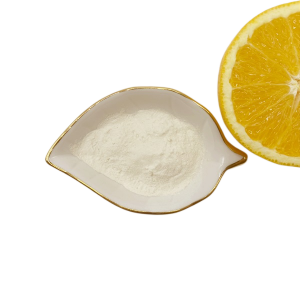Molybdenum is an essential micronutrient for plants and plays a key role in a variety of physiological and biochemical processes. Here are some key points about the function and importance of molybdenum in plant nutrition:
The main functions of molybdenum in plants:
Nitrogen Fixation:
 |
Molybdenum is an important component of the enzyme nitrogenase, which is essential for nitrogen fixation in leguminous plants. This process allows plants to convert atmospheric nitrogen into a form that can be used for growth. |
Enzyme Activity:
It is involved in the activity of several enzymes, including those that contribute to sulfur metabolism and the conversion of nitrate to ammonium, which is essential for protein synthesis.
Chlorophyll Production:
Molybdenum aids in chlorophyll synthesis, which is important for photosynthesis and overall plant health.
Disease resistance:
Adequate molybdenum levels can increase plant resistance to certain diseases and increase overall vigor.
Deficiency symptoms:
Growth failure: Plants may show reduced growth and yield.
Chlorosis: Yellowing of leaves, especially older leaves, may occur due to impaired chlorophyll production.
Nitrate Accumulation: Deficiency can cause nitrate accumulation in plants, which can be toxic.
Source of molybdenum:
| Trace amounts of molybdenum are often present in soil. It can be provided through fertilizers, including molybdenum amino acid chelates, which improves plant availability. |
In conclusion:
Molybdenum is an important nutrient for plants, especially those that rely on nitrogen fixation. Ensuring adequate molybdenum levels in the soil can significantly impact plant health, growth and productivity.
For more information, please feel free to contact us:Info@g-teck.net
Post time: Oct-14-2024




